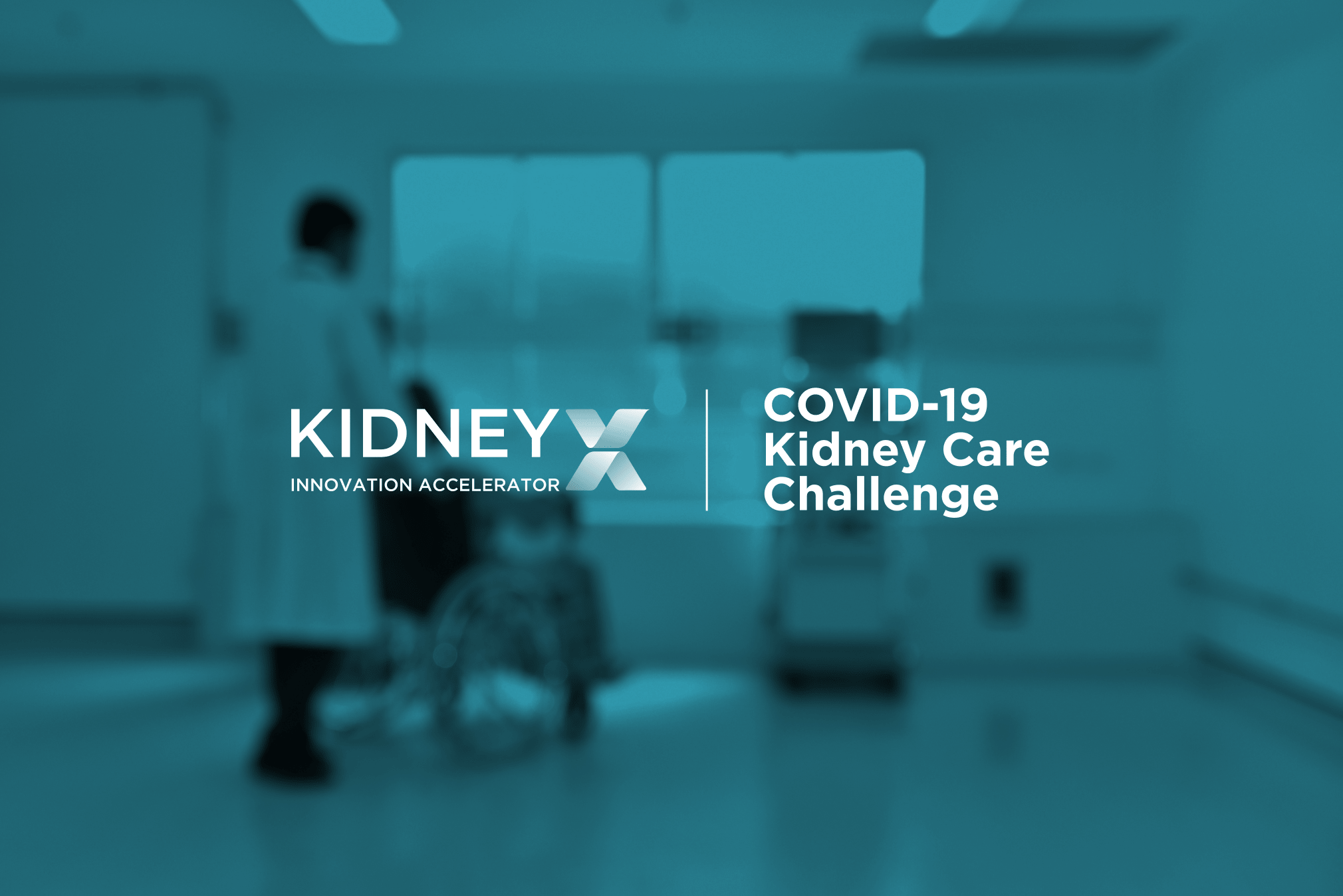Just launched: KidneyX COVID-19 Kidney Care Challenge
To date, the U.S. has confirmed more than 10 million coronavirus infections, with over 140,000 new cases yesterday. Hospitalizations have reached an all-time high, up 40% from just two weeks ago. And by all accounts, America’s “third wave” is just getting started.
The pandemic is exacerbating existing health disparities; COVID-19 disproportionately impacts communities that are already more vulnerable to kidney disease and other conditions. The 37 million Americans living with kidney disease are at increased risk of severe illness from COVID-19, and acute kidney injury — sudden loss of kidney function — affects 20-40% of COVID-19 patients admitted to intensive care.
The need to improve care and reduce risk is more urgent than ever.
Last week, the U.S. Department of Health and Human Services (HHS) and the American Society of Nephrology (ASN) launched the KidneyX COVID-19 Kidney Care Challenge.
Patients, doctors, nurses, and other frontline staff have developed a range of solutions to safely deliver care to people living with kidney disease during the pandemic and reduce the risk of kidney damage among those who contract the virus. This $300,000 challenge, designed and produced by Luminary Labs, seeks to identify replicable solutions and share them across healthcare communities. KidneyX is particularly interested in demonstrated solutions that consider the patient experience and could be implemented without requiring significant effort, expertise, money, or other resources.
Round 1 of the challenge is now accepting solutions until December 4, 2020. Round 2 will be open to eligible entrants from Round 1, as well as new eligible entrants who did not enter the first round; the second round will accept solutions from December 9, 2020, to January 20, 2021. The judging panel will recommend winners from both rounds to receive $20,000 each in recognition of their solutions.

